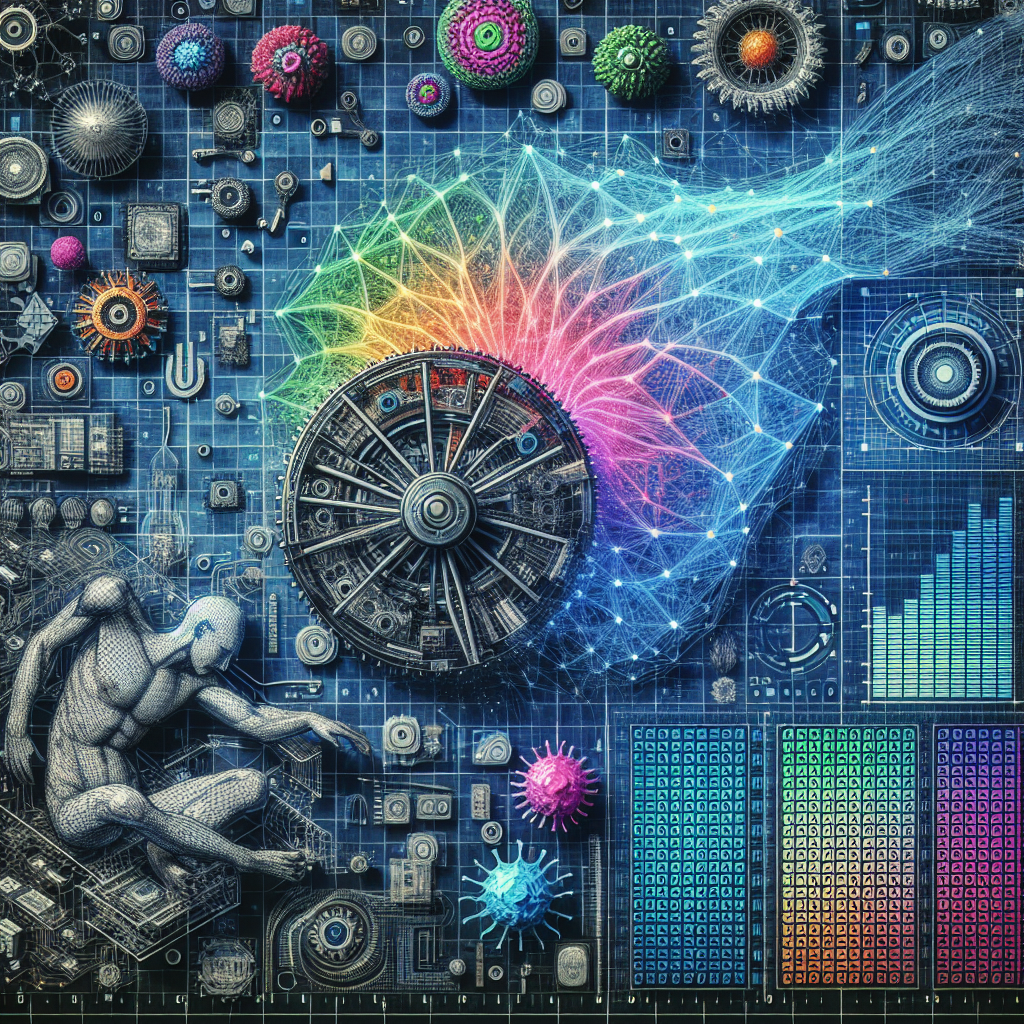The Influence of AI on Game Engine Optimization Techniques
Artificial Intelligence (AI) has been making significant strides in various industries, and the gaming industry is no exception. AI has had a profound impact on game development, particularly in the field of game engine optimization techniques. Game engine optimization is crucial for ensuring that games run smoothly on different devices and platforms, providing players with a seamless and enjoyable gaming experience. In this article, we will explore the influence of AI on game engine optimization techniques and how it is revolutionizing the way games are developed and optimized.
AI and Game Engine Optimization Techniques
Game engine optimization involves improving the performance of a game by reducing latency, increasing frame rates, and enhancing overall gameplay experience. Traditionally, game developers have relied on manual optimization techniques, such as code profiling and performance tuning, to achieve optimal performance. However, these techniques can be time-consuming and labor-intensive, requiring developers to spend hours tweaking and fine-tuning code to achieve desired results.
AI has emerged as a game-changer in the field of game engine optimization, offering developers new tools and techniques to improve game performance. AI algorithms can analyze large amounts of data and identify performance bottlenecks in real-time, allowing developers to quickly pinpoint areas that need optimization. This can significantly reduce the time and effort required to optimize games, enabling developers to focus on creating engaging and immersive gaming experiences.
One of the key ways AI is influencing game engine optimization techniques is through the use of machine learning algorithms. Machine learning algorithms can analyze gameplay data and identify patterns and trends that can be used to optimize game performance. For example, AI algorithms can analyze player behavior and preferences to dynamically adjust game settings and parameters, ensuring that players have the best possible gaming experience.
AI algorithms can also be used to optimize game graphics and rendering performance. By analyzing the hardware capabilities of a device, AI algorithms can dynamically adjust graphics settings to ensure that games run smoothly and efficiently on different platforms. This can help developers target a wider audience and maximize the performance of their games on a variety of devices.
Another way AI is influencing game engine optimization techniques is through the use of neural networks. Neural networks can be trained to predict player behavior and optimize game performance based on real-time data. For example, neural networks can be used to predict player movements and adjust game physics and mechanics to provide a more immersive and engaging gaming experience.
FAQs
Q: How is AI being used to optimize game engine performance?
A: AI algorithms are being used to analyze gameplay data, identify performance bottlenecks, and dynamically adjust game settings to optimize performance. This can help developers improve game performance and provide players with a seamless gaming experience.
Q: What are some of the benefits of using AI for game engine optimization?
A: Some of the benefits of using AI for game engine optimization include reduced development time, improved performance, and enhanced gameplay experience. AI algorithms can analyze large amounts of data and identify optimization opportunities that may be overlooked by manual techniques.
Q: How can developers incorporate AI into their game development process?
A: Developers can incorporate AI into their game development process by using AI-powered tools and techniques to analyze gameplay data, optimize game performance, and improve player engagement. By leveraging AI algorithms, developers can create more immersive and engaging gaming experiences for players.
In conclusion, AI is revolutionizing the way game engine optimization techniques are being developed and implemented. By leveraging AI algorithms and machine learning techniques, developers can optimize game performance, improve player engagement, and create more immersive and enjoyable gaming experiences. As AI continues to evolve and advance, we can expect to see even more innovative and groundbreaking techniques being developed to optimize game engine performance.

